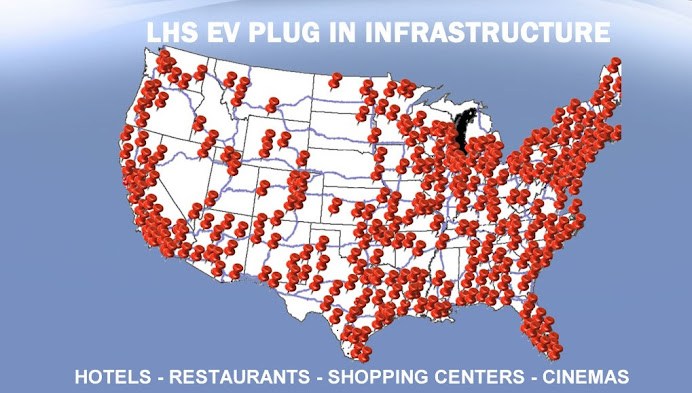 Yes, there are kinks still to be worked out, but what good news it is that automakers are in the final stages to produce plug-in hybrids and electric cars with sky-high fuel- efficiency ratings. General Motors announced Tuesday that its new Chevy Volt, available in 2011, will achieve 230 miles per gallon in city driving. It also announced that Buick would feature a plug-in hybrid in 2011. The Volt relies mainly on electricity, but it goes only 40 miles before it wears out its charge. At that point, a backup gasoline engine kicks in and powers the car while also recharging the battery.
Yes, there are kinks still to be worked out, but what good news it is that automakers are in the final stages to produce plug-in hybrids and electric cars with sky-high fuel- efficiency ratings. General Motors announced Tuesday that its new Chevy Volt, available in 2011, will achieve 230 miles per gallon in city driving. It also announced that Buick would feature a plug-in hybrid in 2011. The Volt relies mainly on electricity, but it goes only 40 miles before it wears out its charge. At that point, a backup gasoline engine kicks in and powers the car while also recharging the battery.Nissan said its all-electric Leaf, which doesn't use a backup motor, will be out in late 2010 and be officially rated at 367 mpg (0.6L / 100 km). Though we're a little hazy on why the Environmental Protection Agency uses mpg ratings for cars that don't run primarily on gas, the nut of the technology advancement means that fewer drivers will contribute to our dependence on imported oil, and that's a trend we hope accelerates. Still, the Leaf goes but 100 miles (160 km) to a charge, so the cars clearly are meant for getting around town.
Another limitation is the cost. The Volt starts at $40,000 (28,200 €) and the Leaf is expected to cost $25,000 (17,600 €) to $30,000 (21,200 €). Though GM expects the federal government to offer $7,500 (5,300 €) rebates, an analysis in the online version of The Atlantic found that a buyer who picked a Volt over the lower-priced (and very popular) Toyota Corolla would have to drive nearly 230,000 miles (370,000 km) to make up the cost difference in gasoline savings. But these are first-generation cars. Remember when personal computers were only affordable to the well-to-do? Now it's likely you're carrying one in your cellphone.
Meanwhile, states ought to provide incentives for the pioneers out there willing to buy the new electrics. In Colorado, for example, there's no incentive to use electricity in off-peak hours. At some point there should be, so electric car owners will make a point of recharging them while they sleep. GM is counting heavily on this new generation to save its troubled bottom line. Let's hope it works, so that we can end our government ownership position in the company and start cutting our dependence on oil.
Source : Denver Post, August 12th, 2009
Source : Denver Post, August 12th, 2009

Aucun commentaire:
Enregistrer un commentaire